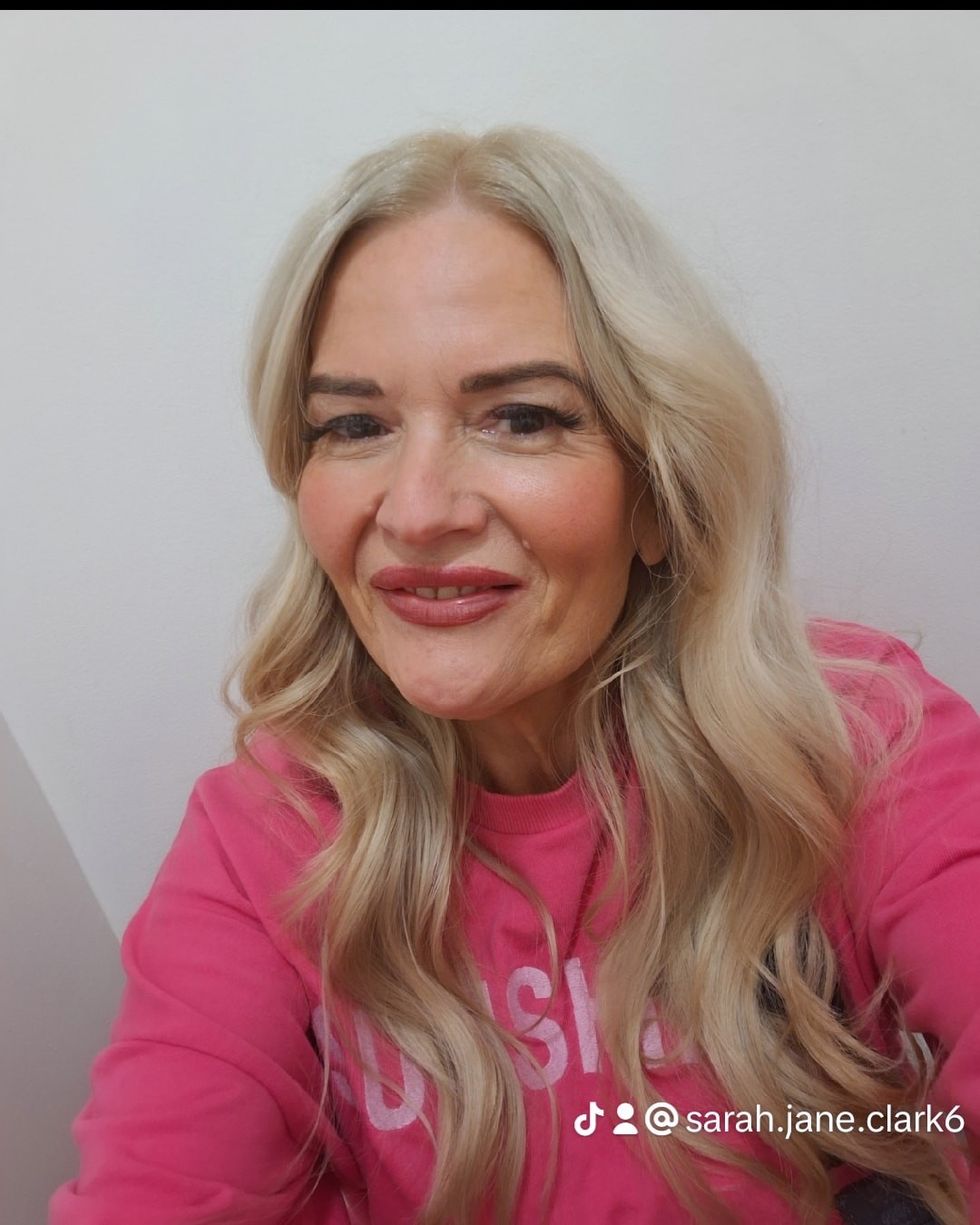The expert lost and sustained weight herself
GETTY/Sarah-Jane Clark
The key ingredient to losing weight is making sure you have a healthy diet
Don't Miss
Most Read
Trending on GB News
When starting to lose weight, learning from others is one of the most important things people can do before they embark on a weight loss journey.
Sarah-Jane Clark is an expert in the health and wellbeing field and she told GB News how people can lose weight through her own experience.
Sarah-Jane said: "I am an expert in the health and wellbeing field and I have used my personal experiences of losing and sustaining over 12.5 stone in weight, to support and inspire others to make healthier choices and become the best version of themselves physically and mentally."
The expert discussed what people should do to start losing weight, valuing the importance of diet.

The expert emphasised the importance of protein in your diet
Sarah-Jane Clark
She said: "Eat real food! Ultra-processed foods are engineered by scientists in laboratories to be highly addictive and the gut bacteria in our stomachs do not recognise them as 'real food' so therefore we can eat endless amounts of them!
"If you are serious about losing weight, then these need to be avoided. Just think of that certain brand of crisps with the tagline 'once you pop you can’t stop.' It is not our fault that we cannot stop eating certain foods, which is why it is so important to avoid them."
Sarah-Jane emphasised including lots of protein in your diet because of the long-term goal that should be in mind.
"Eating protein in every meal is also helpful as it prevents us from losing muscle mass when we lose weight, our long-term goal aim is to retain muscle mass and lose body fat," said the expert.
She added: "The more muscle mass we have the more efficient our metabolism works, as it becomes naturally more active. Muscle mass is also good for balance and longevity as we age, for example: muscle mass protects our bones if we fall, making it less likely to break a bone."
There are several foods that we tend to have every day that we should try and avoid.
Sarah-Jane advised: "The foods I would try to avoid are processed carbohydrates such as white bread, cereals, pasta and pastries.
"They cause blood sugar and insulin levels to spike and contain zero nutritional value, so our hunger will not be satisfied for very long as when are glucose levels crash again (as they do with processed carbohydrates), we will become lethargic and hungry again. They can cause a lot of inflammation in our bodies and fluid retention."
LATEST DEVELOPMENTS:

Staying hydrated is key to not mistaking thirst for hunger
GETTY
As an alternative, the health expert provided a series of foods which should be added to your diet.
She recommended: "Eat naturally made complex carbohydrates such as sweet potatoes, beans, white potatoes (with the skin), all vegetables, quinoa, whole fruits, and oats. This type of carbohydrate is full of nutrients and fibre and is released at a steadier level.
"I always ensure that when I am eating this type of carbohydrate, I eat protein with them as the protein slows down the digestion in the stomach and helps keep the blood sugar steady, instead of spiking like processed carbohydrates."
Her final top tip is to stay hydrated and make sure that you do not mistake being thirsty for being hungry.
The expert said: "We live in a society where there is a lot of snacking during the day, and we can forget what real hunger feels like. Signs to tell you need hydration and not food are feeling sluggish, headache, dry skin, dry eyes, or dizziness.
"The amount of water you should drink each day can depend on your level of activity, aim for a minimum of two and a half litres of water per day. Remember if you are more active then you may require more."







